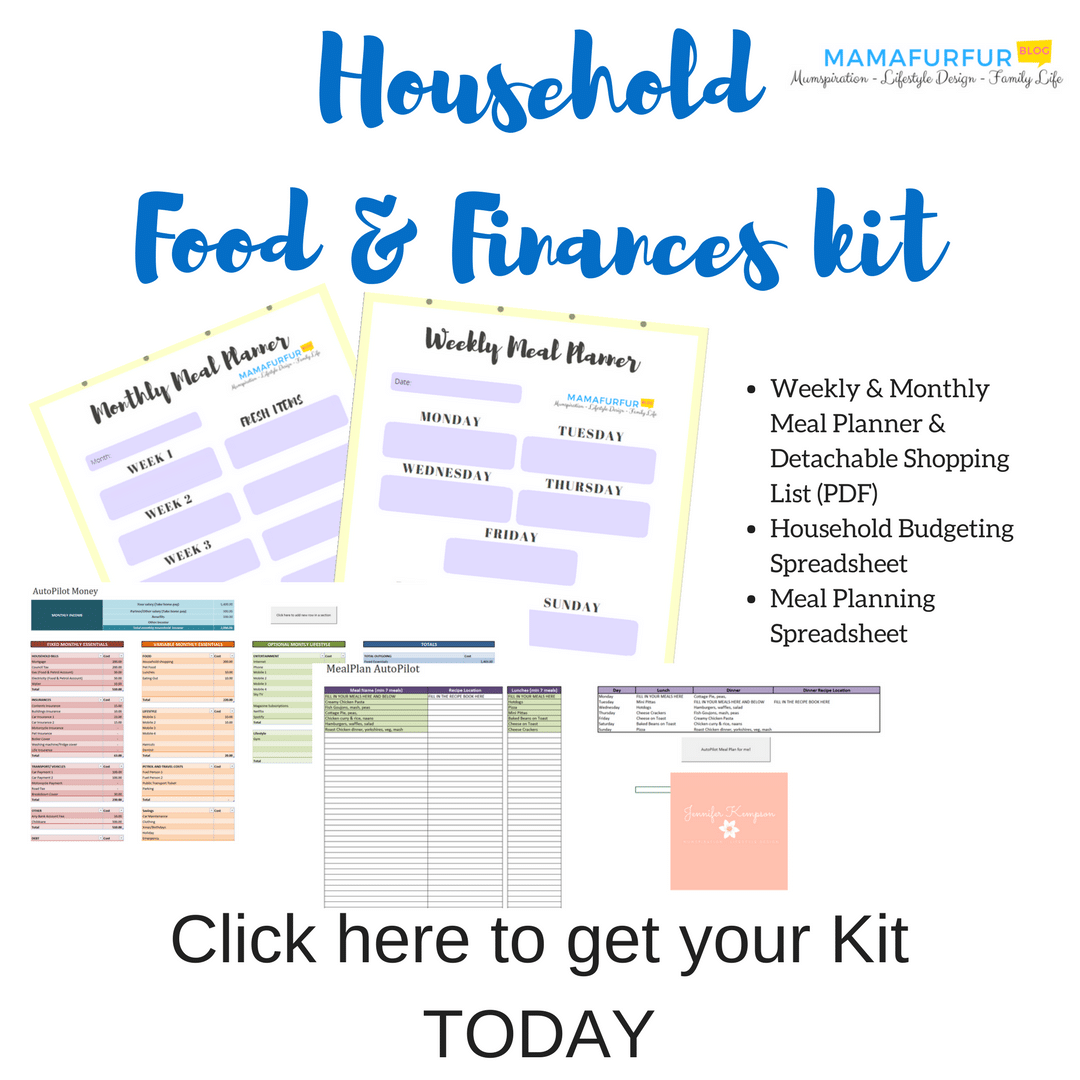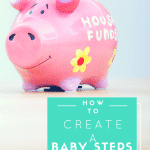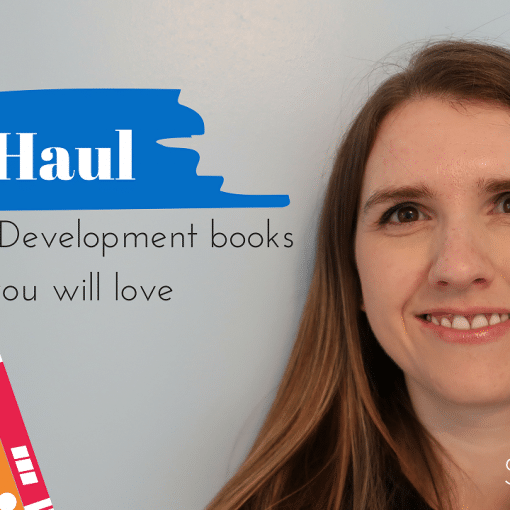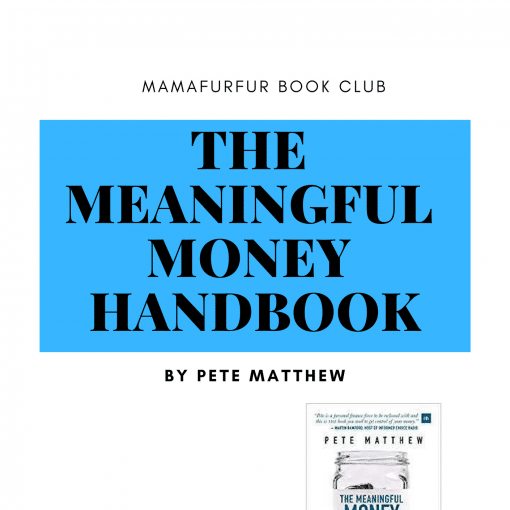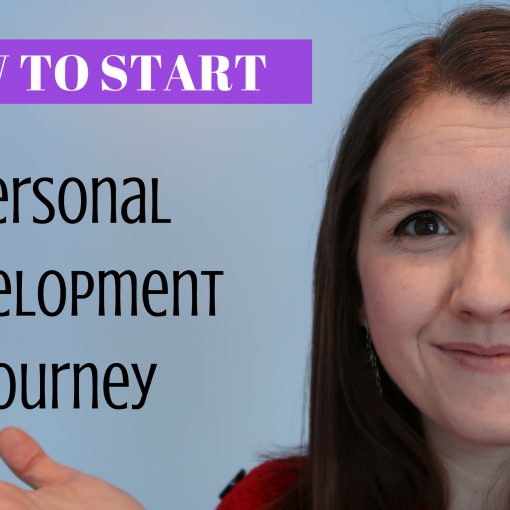Being smarter with your money is one of the key life skills that will make a huge difference in anyone’s live – and all budgets.
My personal passion is for everyone to know how to make their money work for them, but do you know how to Master Money once and for all?
Let me share with you how you can truly make your money smarter once and for all.
// Know your Net worth, not your bank account balance
Do you know your true Net Worth when you take all your assets away from all your liabilities?
This might sound like I’m speaking another language, but do you know the final amount when you take away all the debts you owe (house, car, cards etc) from the amount of money you would get if you were to sell everything in the world you own and add up all your savings/Investments/cash?
If your house is worth more now that you paid for it, and more than your mortgage – then your house has a positive net worth.
Why it is so important to be aware of what your net worth is regularly, as it will dramatically prove the progress you are making towards financial freedom.
Whenever you are working towards having a positive overall net worth of your life and items, you are then not reliant on paying back debt if you needed to survive.
A hugely motivating exercise to do at least each year is to take time and calculate your net worth – including all your savings as assets and investments and see what number you come up with if you had to sell it all and pay back any outstanding debts.
Make a conscious decision to only add assets (items that grow with market value instead of decrease) where you can when you make large purchases.
// Don’t rush to pay off debt – Understand the TRUE POWER of Cash
Of course there are lots of reasons why you should pay off debt as quickly as you can – firstly for your own mentality to know that you are not living pay cheque to pay cheque to see the money go straight out the door again.
I even talk about on this blog how we pay off £22k worth of credit card debt and my favourite proved methods to pay it off – you can check them out here.
I personally recommend for my own family that we use the 10% debt repayment model as our starting point.
We pay the normal monthly amounts, then at least 10% of the money payment more each month.
This is a powerful repayment model as very easily you end up paying just a little bit more each month but it adds up to over a whole extra monthly payment a year, attacking that debt quicker and knocking sometimes years off the debt repayment time scale.
Try it for yourself!
Let’s get back though to why sometimes you shouldn’t always throw money at debt.
Firstly – you never know what is around the corner in your own life and keeping some of your cash for any bumps in the road is smart.
Make sure you have a basic level of emergency fund before you add extra to debt, to ensure namely that you won’t put yourself in more debt when dealing with any life emergencies.
Secondly – I always look at the rate of return on my money.
If I find that I can consistantly achieve a greater interest return by investing or saving my extra money each month (perhaps then to throw at debt down the line), I will save it instead temporarily.
For example, if your Investment ISA allows for 5% YoY return but your debt is currently 1% interest – I would probably save my money and then over time thrown it back into the debt.
The positive effect of that strategy is that I will make extra money on top by the difference of the interest gained – so effectively the same amount of money I saved generated a higher amount of money to throw at the debt down the line.
Take time to understand the value of your money “later” rather than just the value today.

// Start investing and saving in your future today and DON’T STOP!
The single most important principle, and the younger you apply it the better, is to pay your future self a portion of every pound you earn right now.
Open that Savings account right now and even start adding £1 to it each month.
A good place to start is aiming for 10% of your Gross Salary each month to go straight to your future self in Pensions or Investments.
Reason being if you use a portion of your money each month to generate income when you choose to retire from working, you are creating security and income when the days come that you don’t want to or can’t work.
To aim for the Goal of financial freedom and retiring earlier than normal retirement age of 65 – you want to aim for as high a percentage of your Gross Salary as you can comfortably live, and usually at least 25% and above.
Understanding the power of Compound Interest on your money and investments, where the natural laws of time allow your money to grow and multiple faster, is key to this wonder of saving a portion of your money each month.
Normal savings accounts currently offer between 0.1% – 1% interest rates if you are lucky, so do all you can to feel comfortable and research investing in Stocks and Shares to get the maximum return on your money you are investing.
A good place to start might even be to look at ISA accounts (Cash or Investment) where the government will not charge you Tax on your interest increases up to a limit of £20k a year per person.
Unsure of how to start investing? Check out my post here.
Want to become Financial Free but think it is impossible?
There is even some simple maths to find out the exact amount of money you need to have saved to generate income for life.
Simply take the total amount of money you need each year to live and survive, or have the life of your dreams with, and multiple that by 25 to give you your exact Financial Freedom Goal Number.
Check out my post here to show you how to work out the exact amount too.
You can also follow my journey to financial freedom as a family on this blog, and even find out how we pay off £22k worth of credit card debt here.
// Spend your money like it was your last penny.
Rich people who stay rich for life spend their money smarter than most people.
They take time to find the best deal, time to consider if they really need that purchase and make sure that it is an investment worth their while and won’t lose money.
Too often we end up mindlessly spending money on luxuries we don’t really need, so perhaps give yourself a 24 hour cooling off period each time you “Click to basket”.
Check if you truly want that item, have found it at the best price possible, before you hit the order button.
Take time to be more mindful with your spending and you will find that the pennies all start to add up quickly to a small fortune.
// Reduce your expenses dramatically and live WAY BELOW your Wage packet
We are not talking about going without in life, but the moment that you can live below and even way below your wage packet then you truly are starting to purchase items that truly bring value and joy to your life.
When you start a journey to financial security or freedom, we need to take time review our spending habits each month and make sure what we spend money on is worth it.
Regularly look for ways to reduce your subscription spending – think car, home insurance, phone contract costs, credit card charges and ask the company for a better deal.
You can save potential hundreds of pounds back into your pocket with a 10 minute phone call and a little effort with comparison websites.
Test your spending every few months by taking non-essential bills (such as that magazine subscription or gym membership) and go “cold turkey” for a week or monthly only.
By setting yourself a temporary goal of going without for only a short time, the sacrifice won’t seem so tough and you never know what you might find out about your spending patterns in the past.
Use the 10% Overpayment Rule to get rid of as many debts as you can, if you can without any overpayment penalties.
By paying 10% more on your monthly repayments for any debts, such as your home, car, credit cards and store cards you will very easily and without noticing pay one extra monthly amount towards that debt each year.
That overpayment could take years off your payments, returning more money to your pocket sooner than the bank or company would have liked.
Money should be our tool, not our Master, and often in today’s society people get quickly stuck down a path where each month is the same endless debt and overwhelming frustration and they don’t know how to get out of that cycle.
Taking time to learn about your financial “health” right now is critical to changing how money can work for you, rather than you work for money.
With my own family, the moment I started to apply these principles it has changed how we view money completely and I’m excited for our financial freedom journey ahead.
Once you realise YOU are the Master of your own hard-earned money – your ideal financial security can be achieved very easily with dedication and effort.



